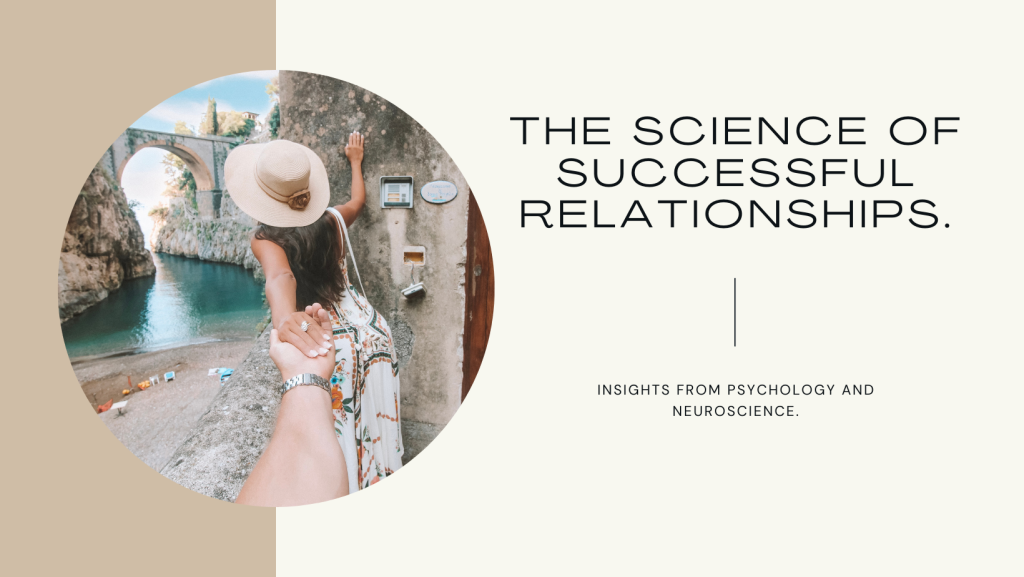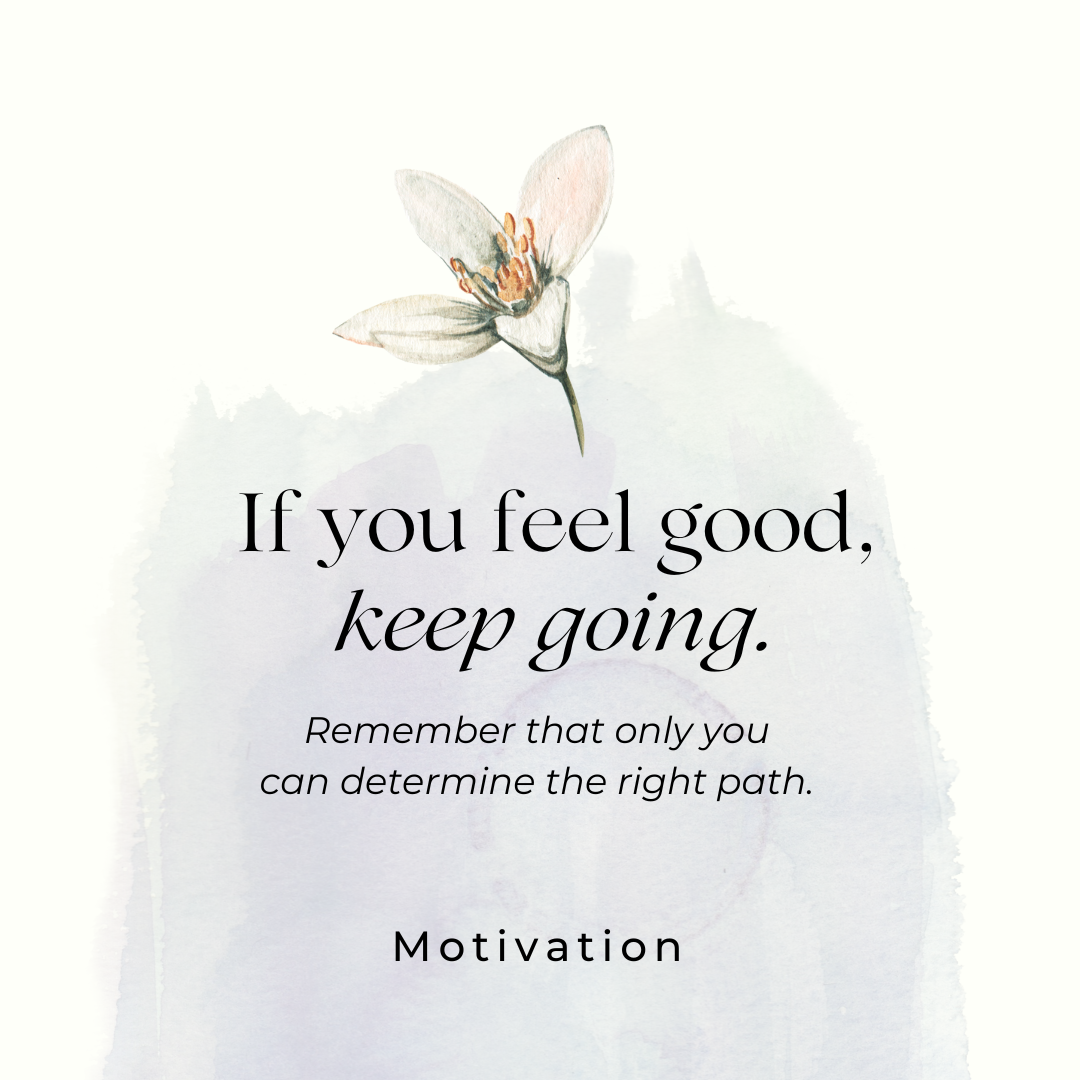Healthy relationships are based on ideas that are validated by psychology and neuroscience, not merely chance. Gaining an understanding of human connection dynamics will assist you in building more meaningful and profound relationships in both your personal and professional spheres. The following are some conclusions drawn from psychology and neuroscience research:
First and foremost, value empathy and emotional intelligence. Relationship success is significantly predicted by emotional intelligence, which is the capacity to identify and control emotions in both oneself and others. Develop your social skills, empathy, and self-awareness to help you deal with interpersonal dynamics more sensitively and intelligently. Especially when it comes to intimacy and connection, empathy is essential since it makes it possible to tune into the feelings and experiences of others.
Second, encourage attachment and a sense of security. A fundamental tenet of relationship psychology is attachment theory, which holds that the nature of our early attachment experiences influences the nature of our adult relationships. By being dependable, sensitive, and offering emotional support, you can help others feel safe and confident in your connections. To build more stable, satisfying relationships, identify and treat any attachment insecurities or patterns that may be affecting your relationships.
Additionally, give appreciation and good relationships top priority. According to relationship expert John Gottman, a good partnership has at least five pleasant encounters for every bad one. This is known as the “magic ratio” of positive to negative interactions. Make quality time, love, and appreciation a priority in your relationships to create an environment of thankfulness and optimism.
Reaffirm your regard and affection for your partner or loved one by praising their accomplishments, efforts, and contributions.
Finally, learn how to resolve conflicts and communicate effectively. Effective communication is crucial for overcoming obstacles and settling disputes in partnerships. You can communicate your demands and concerns while keeping an open mind to your partner’s or loved one’s point of view by practicing active listening, assertiveness, and constructive criticism. Deal with disagreements in a cooperative and compromise-focused manner, looking for win-win solutions that put the relationship’s health first.
You may build stronger bonds, more closeness, and long-lasting fulfillment in both your personal and professional relationships by implementing ideas from psychology and neuroscience.




